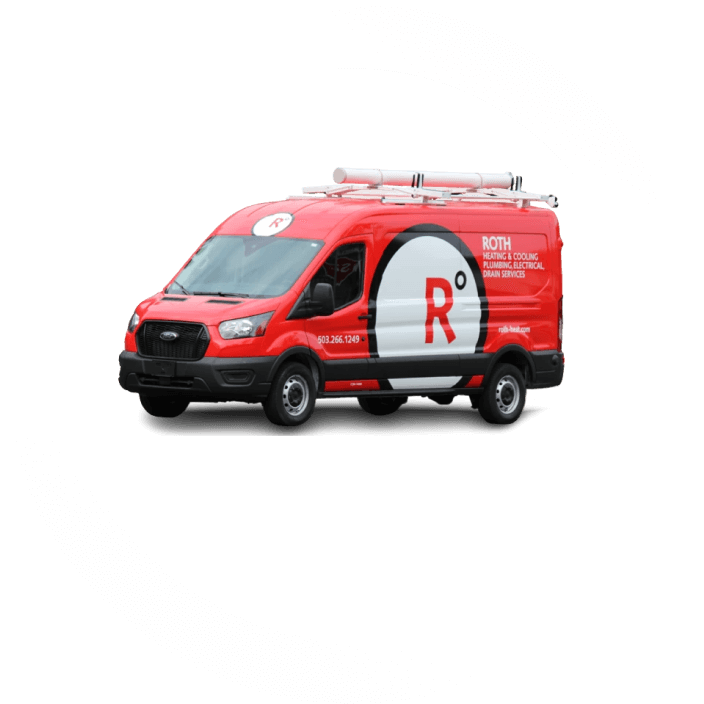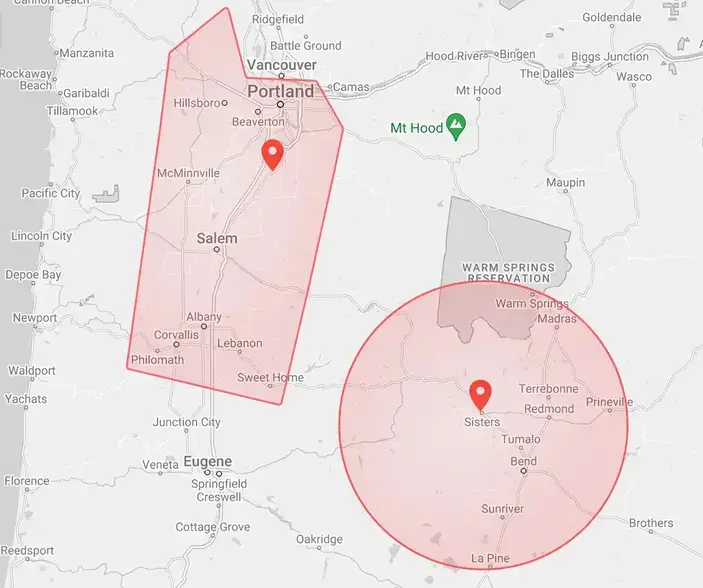When something is wrong with your air conditioner, it will let you know in a number of different ways. Maybe you have a gut feeling your energy bills are too high, and you certainly know when your home is uncomfortable. Another sign your air conditioner is failing is condensation collecting on and/or around it. Switch the thermostat and your panic buttons off, and keep reading before you make your next call.
What Harm is a Little Water?
Water condensation on your air conditioner’s evaporator coil is normal. However, as you’ve realized, water leaking from your air conditioner onto your floor is not acceptable. Depending on where your indoor A/C unit is located, condensate leaks may cause damage to your ceiling, walls, flooring and/or other building materials and property.
What to Do?
In order to know what to do about a leaky A/C, it’s helpful to know how condensation forms and the most common reasons why it’s leaking. Condensation forms as a result of water vapor in warm airflow being pulled across the cold evaporator coil. Under normal conditions, the condensate drips into a pan, flows down the drain and through a tube away from your home. End of story — unless your A/C unit is experiencing these problems:
- A blockage in the drain tube is causing an overflow. Your HVAC technician uses either a powerful blower or heavy-duty vacuum to push or pull the blockage through. Then, the line is chemically treated.
- The float switch has malfunctioned. Some air conditioners have a float switch that turns off the unit when water fills the drip pan too high. If your A/C is equipped with such a device, but it’s not working, it needs to be repaired or replaced.
- The drip pan has rusted through or it has broken. Your technician can simply replace the drip pan.
Ask your HVAC technician or plumber if your A/C has a float switch. If not, you’d be wise to have one installed in the drain trap. For assistance repairing air conditioner condensation problems in your Portland home, please contact the professionals at Roth Home & Cooling today.














